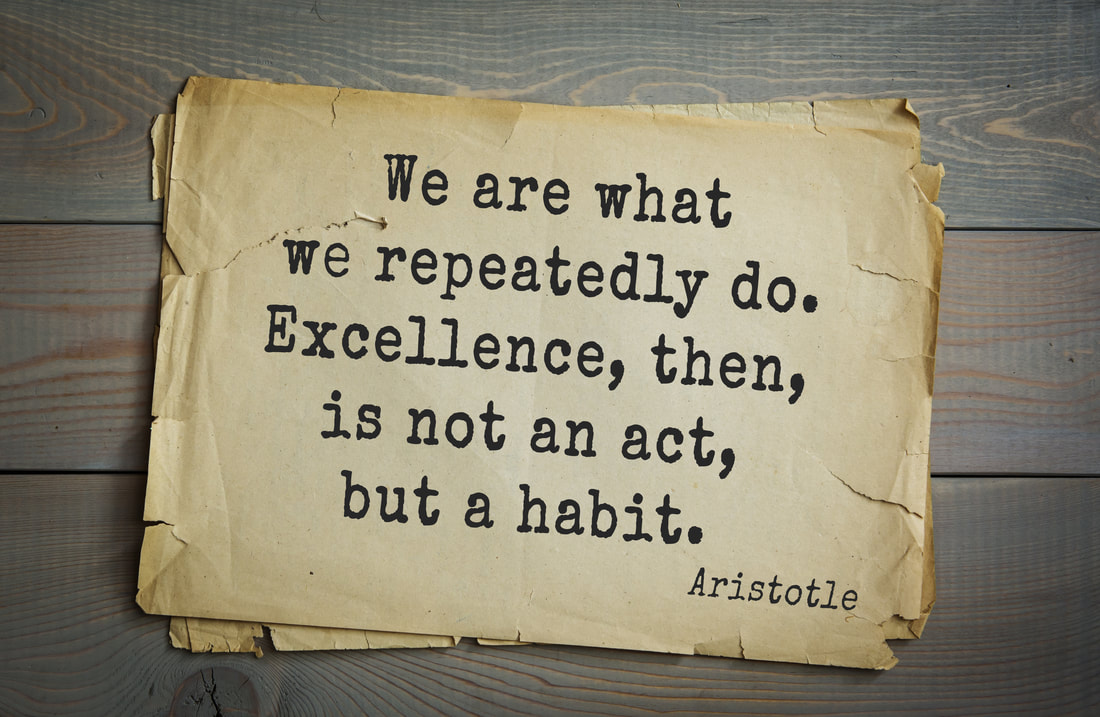It’s amazing what you can actually say with 100 words. I remember reading somewhere (sorry, I can’t remember where….) that the most common 100 words in any language account for 50% of all spoken communication; the most common 1,000 words account for 80% of all spoken communication. Amazing isn’t it, how few words we actually need to communicate with each other. Many students get ‘stuck’ because they continually focus on what they don’t know rather than using what they do know.

Try these tips and let me know if you want me to expand on any of them. My next blog will be on ways that you can practise your language skills.
Happy learning, Jo




 RSS Feed
RSS Feed

